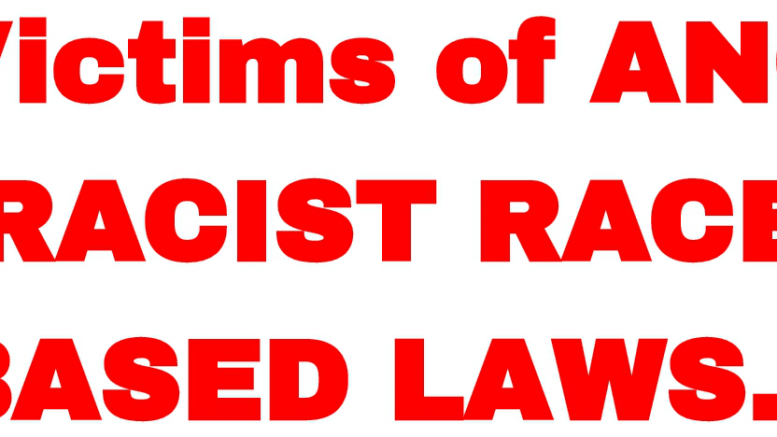
PICTURE: THINKSTOCK
Largely unnoticed, the Department of Trade and Industry is quietly processing legislation that will, in effect, expropriate copyrights on the death of their owner.
The deadline for comment on the Copyright Amendment Bill of 2015, which incorporates the expropriation provisions, expired last week.
Under current legislation, the Copyright Act of 1978, the author of literary, artistic and musical works enjoys copyright protection for his life plus 50 years thereafter.
These provisions accord with the Berne Convention, which has been endorsed by most countries.
The 1978 act also provides that “copyright is transmissible as movable property by testamentary disposition” to the author’s heirs. This allows such heirs to continue benefiting from the copyright for a full 50 years after the author’s death.
The amendment bill removes this right. It provides that the “ownership of any copyright whose owner … is deceased shall vest in the state”.
The state will retain ownership for the remainder of the copyright period (and presumably receive — without paying compensation — royalties that would otherwise have gone to heirs). This is contrary to the Berne Convention but in accordance with the growing thrust of South African legislation seeking to take property into the ownership or custodianship of the state.
It also accords with attempts to nullify and/or defy SA’s international obligations. Termination of bilateral investment treaties by the Department of Trade and Industry is one example. Another is failure to comply with our obligations to the International Criminal Court to take Sudanese President Omar al-Bashir into custody.
That failure was aggravated by the fact that Bashir, who was in SA for an African Union summit, was allowed to depart in defiance of a High Court order.
The Department of Trade and Industry also seems determined to circumvent SA’s obligations under the international Agreement on Trade-related Aspects of Intellectual Property Rights.
The department’s draft proposals two years ago to amend patent law were widely criticised and have not yet been translated into law.
However, the new copyright legislation may enable the department to achieve at least some of the same objectives by amending the Copyright Act.
It thus sets up a new “intellectual property tribunal” with the power to adjudicate applications made to it under the Copyright Act, the Companies Act or “any” legislation.
It will accordingly be able to hear appeals or review decisions on patent rights by the Companies and Intellectual Property Commission, which is currently responsible for granting them.
The new tribunal will replace the current Copyright Tribunal, which consists of a High Court judge who doubles as “commissioner of patents”. The new tribunal will have all its members appointed by the trade and industry minister, who will also lay down its operating rules.
The Copyright Amendment Act creates new criminal offences.
Unreasonable refusal to grant permission for the use of copyright for educational purposes or for translation into a usable format could entail imprisonment for up to 10 years or a fine of up to R50 000 or both.
These penalties are also in line with the department’s fondness for draconian punishment, already clear from the penalties set out in amended BEE legislation — 10 years’ imprisonment for “fronting” or a fine of up to 10% of turnover.
Slowly but steadily, SA is becoming a more and more authoritarian state. We are seeking to escape our international treaty obligations. We are vesting administrative tribunals with more and more powers. We are whittling away property rights — starting with mining and now extending to the artistic domain. We are creating new offences.
And we are imposing tougher and tougher penalties.
Kane-Berman is a consultant at the South African Institute of Race Relations
This article first appeared in Business Day



